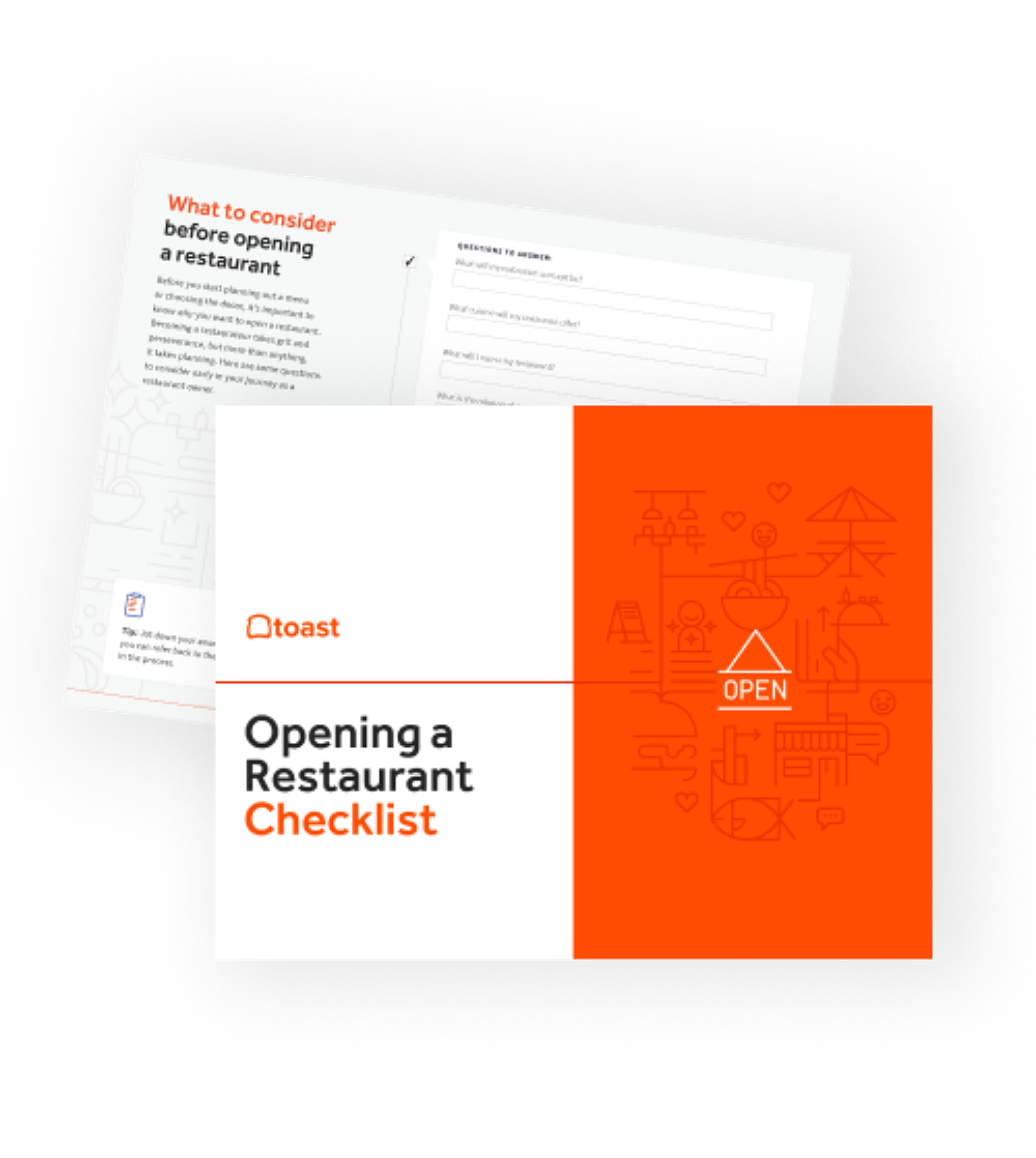A food hall is a large building in which multiple small food businesses sell a variety of foods. Learn more about what a food hall is, its history, what to expect at one, and how to start your own.
What is a Food Hall?
A food hall is typically an indoor, large building in which multiple food vendors are set up in various stalls and offer a variety of different foods for sale in a counter-serve style. They cater to people who want to try different cuisines and are looking for the chance to explore a variety of options. A food hall is essentially an eating destination where people can go to try food from many different local restaurants.
Similar to a food court in a mall, there is usually a large seating area and often a bar, complete with televisions for watching sporting events while drinking beer. The main difference between a food hall and a food court is that a food hall usually has local restaurants or more unique options compared to the typical fast food or chain restaurants a food court in a mall might offer.
What is the history of Food Halls?
Food halls first started to gain popularity in 2017, but the concept is not entirely new. Boston’s Quincy Market has operated a similar concept having hosted space for food merchants since 1742. One of the first food halls to originate in modern times is Eataly, a modern food hall that opened in a closed vermouth factory in Turin, Italy in 2007. The food hall turned an empty, unused factory into a consolidation of food vendors, grocers, and bars. This was so successful that they were able to open two similar locations in Chicago and New York.
How do you start a Food Hall?
Typically, a food hall is owned or managed by a property manager or real estate group, similar to a farmer’s market. If you simply want to sell at a food hall, you can usually apply for a stall, or apply to be a vendor on the website of the food hall want to sell in. This can be as simple as filling out an application online and obtaining any required permits and licenses, though some organizations may ask you to provide a business plan and financial projections.
How much does it cost to start a Food Hall?
Starting or opening a business as a vendor in a food hall is a great way to get started at a lower cost. But, the cost of becoming a vendor at a food hall may vary depending on the size and equipment you need, and whether the food hall will require you to pay for building out the space to your need. In general, though, the start-up expenses for your food business at a food hall will be much lower than starting a food truck or a full-service restaurant.
A typical food hall might charge a stall fee as low as $15 per square foot, or as high as $200 per square foot. The monthly rent structure will depend on the food hall as some tend to charge a flat fee, whereas others take a percentage of your monthly sales in addition to a fixed rate.
What are the most popular types of Food Halls?
The most popular food halls are ones that are in a good location and offer a variety of different foods in a social and fun atmosphere. Food halls tend to be inside with some open-air spaces, either on the first floor or on a rooftop. People tend to like food halls where everyone in their party can find something, which means to have a successful food hall, there needs to be different food and diet options available to purchase.
Is this article helpful?
DISCLAIMER: This information is provided for general informational purposes only, and publication does not constitute an endorsement. Toast does not warrant the accuracy or completeness of any information, text, graphics, links, or other items contained within this content. Toast does not guarantee you will achieve any specific results if you follow any advice herein. It may be advisable for you to consult with a professional such as a lawyer, accountant, or business advisor for advice specific to your situation.
